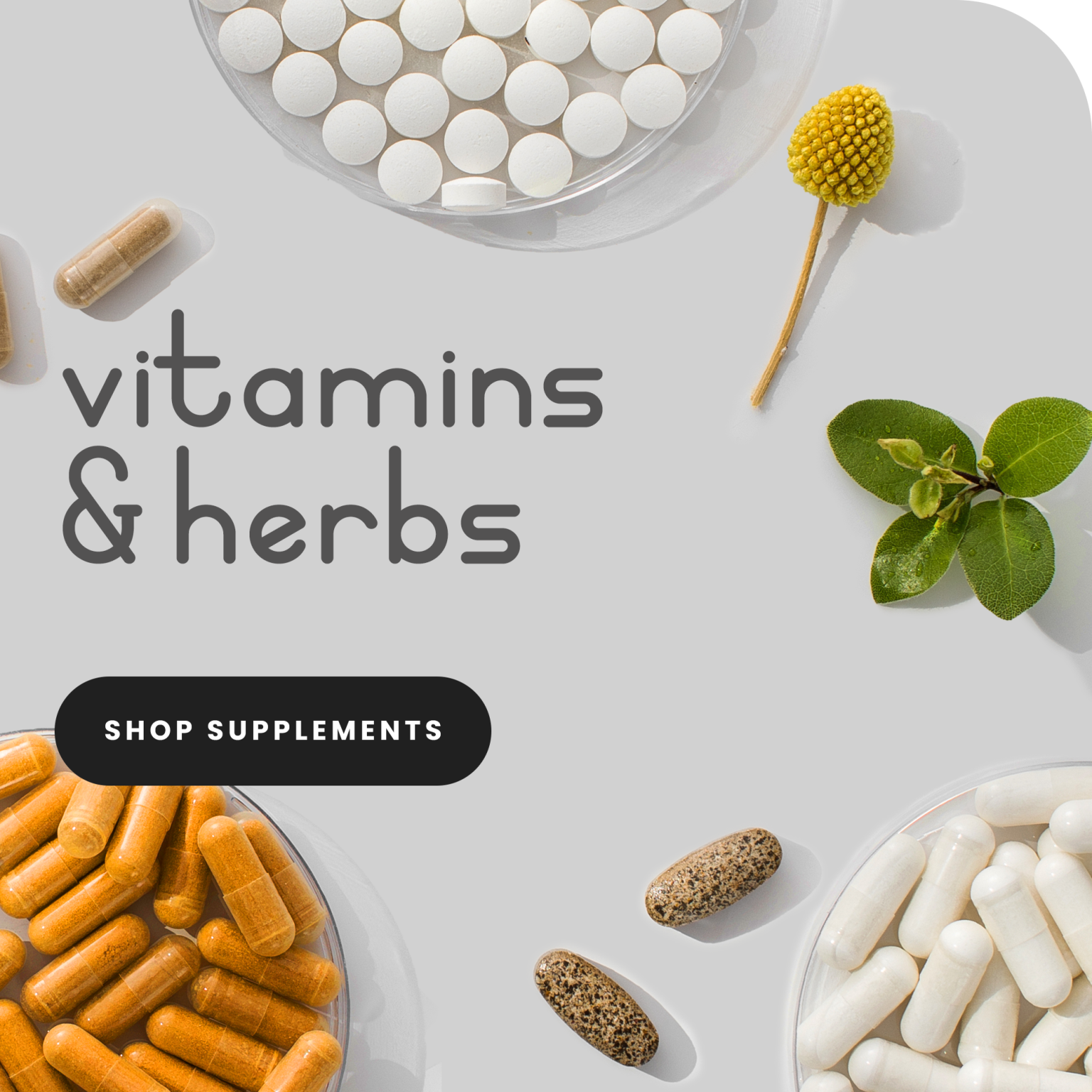The Indian Crop
Almost all the turmeric in the world is grown in India and this is hardly surprising when you consider that about 80% of it is also eaten in India!
Ancient Roots
Turmeric root has been used for over 4,000 years in traditional Indian Ayurvedic medicine for its healing properties, making it one of the oldest natural remedies in the world. In Ayurvedic tradition, turmeric is used to strengthen the overall energy of the body, relieve gas, treat worms, improve digestion, make periods regular, dissolve gallstones and relieve arthritis pain.
The Golden Spice
Turmeric owes its vibrant yellow-orange colour to a compound called curcumin, which is also responsible for many of its health benefits. However, curcumin isn’t the only beneficial substance in turmeric – scientists are gradually researching more of the other beneficial compounds in this golden root.
Turmeric for a Brain Boost
Curcumin in turmeric has been studied for its potential to boost brain health and cognition. Some research suggests it may help improve memory and even protect against neurodegenerative diseases like Alzheimer’s.
Turmeric works Better with black pepper and ginger
We don’t absorb much turmeric if we take it alone, but we can absorb far more by eating it with black pepper. The piperine in black pepper has been found to make us absorb as much as 20 times more turmeric.
Turmeric’s Powerful Antioxidant powers
Turmeric is a potent antioxidant, helping to neutralise harmful free radicals in the body. This reduces oxidative stress, which can lead to chronic disease and aging.
Anti-Inflammatory benefits
Curcumin is well-known for its strong anti-inflammatory properties, which may help relieve the pain of inflammatory conditions like arthritis, asthma, and inflammatory bowel disease.
Heart Health from turmeric compounds
Studies suggest that turmeric may support heart health by improving endothelial function, reducing inflammation, and lowering levels of LDL (bad) cholesterol.
Turmeric for the bride and groom
In parts of India, it’s traditional for Hindu brides and grooms to put turmeric paste, made with oil and water, on their faces before their wedding. Turmeric is said to ward off evil spirits, and the yellow colour is considered to bring good luck because it resembles fire and life. The added benefit is that turmeric helps exfoliate and brighten up the skin. Turmeric has been used for centuries in skincare for its anti-inflammatory and antimicrobial properties. It may help soothe skin conditions like acne, eczema, and psoriasis, and promote a healthy, radiant complexion.
The Brain Booster
Some research suggests that curcumin may have antidepressant effects by increasing levels of serotonin and dopamine in the brain, two neurotransmitters associated with mood regulation.
Take it your way
Turmeric is versatile as a cooking ingredient and supplement. In the UK you can buy it as powder for cooking, or in capsules as a whole herb supplement or superior concentrated extract. It’s also included in some types of mixed teas. It’s commonly used in cooking to add flavour and colour to curry dishes, and you can add it to rice when cooking to give it a yellow colour. As a supplement, you can open the capsules to add to smoothies.









